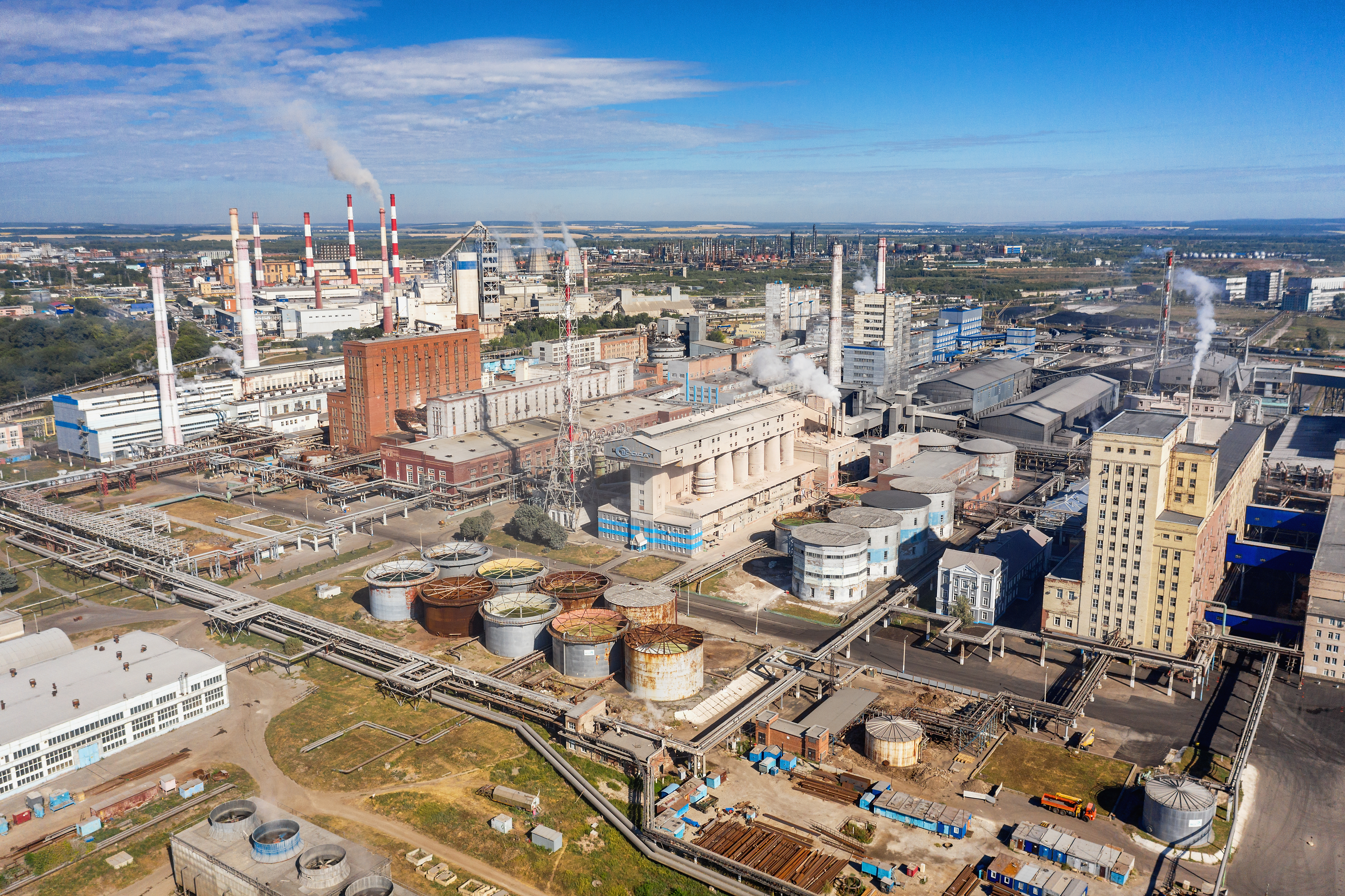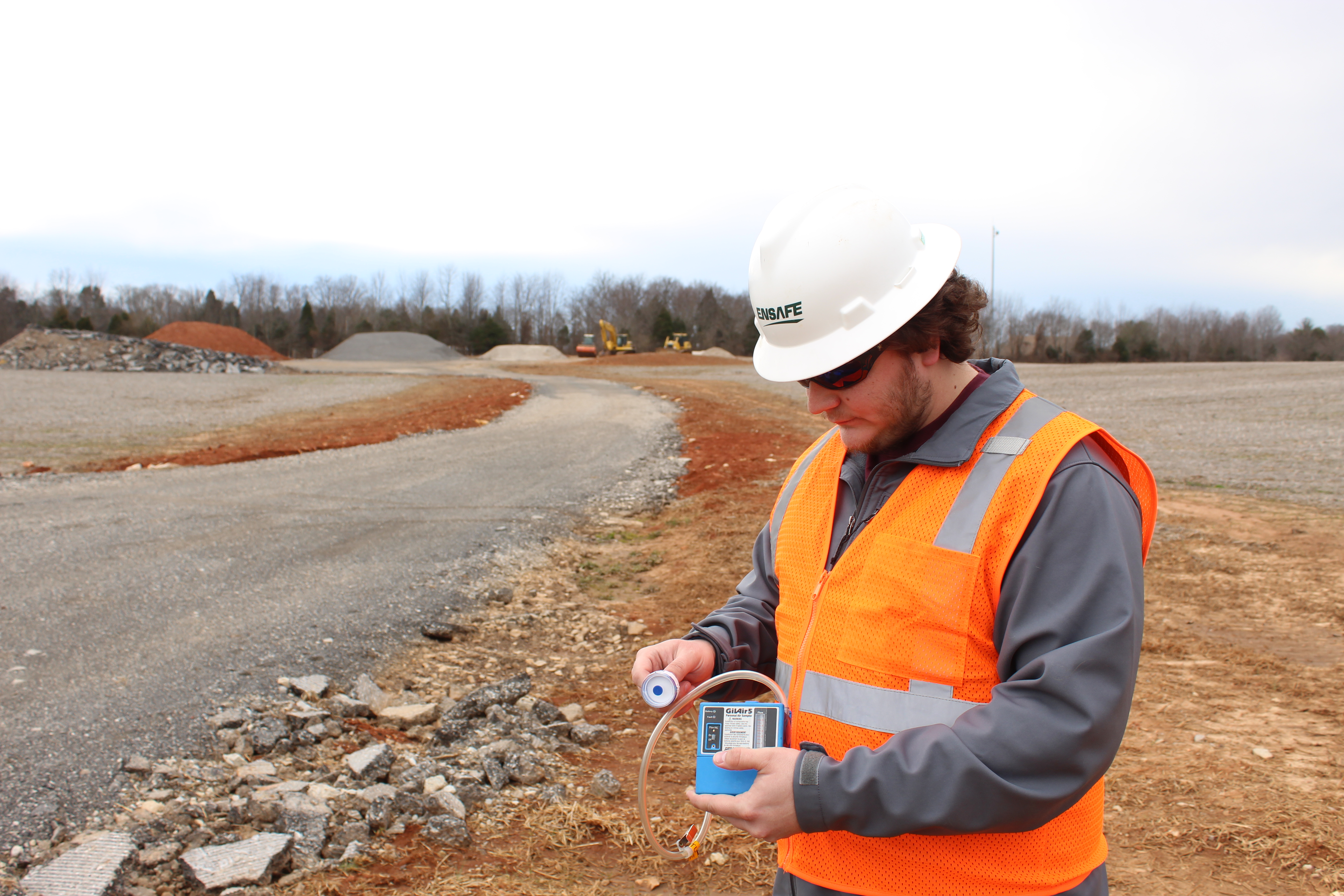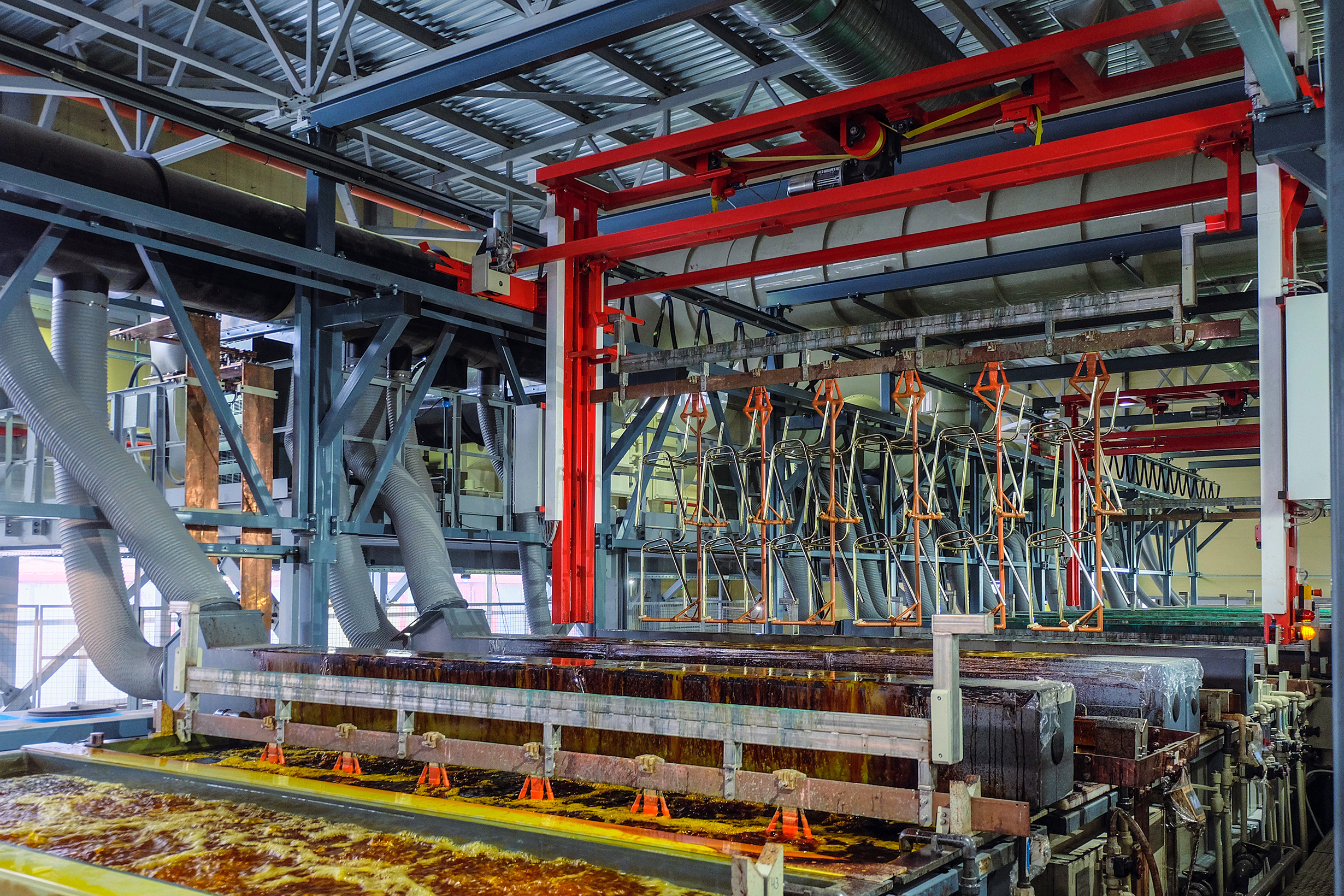NEWS > INSIGHTS & INNOVATIONS
Ensuring Workplace Safety: Navigating the EPA’s New Standards for Methylene Chloride
On May 8, 2024, the U.S. Environmental Protection Agency (EPA) issued a final rule targeting the hazardous health risks posed by Methylene Chloride. The mandate prohibits all consumer applications (e.g., paint and coating strippers) and most commercial uses of Methylene Chloride. It mandates enhanced safety protocols for workers under a Workplace Chemical Protection Program (WCPP) […]
Continue reading→Navigating EPA’s RMP Rule: Safer Communities by Chemical Accident Prevention
On March 11, 2024, additional requirements were finalized for companies that manufacture, distribute, process, or use chemicals regulated under the Environmental Protection Agency’s (EPA) Risk Management Program (RMP). These amendments to the RMP Rule, known as the Safer Communities by Chemical Accident Prevention Rule, became effective on May 10, 2024, with several requirements extended through […]
Continue reading→PFAS MCLs Finalized
On April 10, 2024, U.S. EPA announced finalization of drinking water standards, also known as Maximum Contaminant Levels (MCLs) for six per- and polyfluoroalkyl substances (PFAS) and a Hazard Index MCL for mixtures of specific PFAS. MCLs and non-zero MCL Goals are enforceable standards for public drinking water systems. The new PFAS MCLs are expected […]
Continue reading→Safety Gap Analyses to Reduce Incident Rates at Utilities
Safety gap analyses are systematic assessments used to identify discrepancies between existing safety measures and desired safety standards. When applied to utility sites, these analyses can significantly contribute to reducing incident rates by addressing and mitigating safety gaps. Here’s how safety gap analyses work in this context: Identifying Current Safety Practices: The first step involves […]
Continue reading→EnSafe Welcomes Steven Hodskins, PE as Charleston Office’s New Business Lead
EnSafe is thrilled to announce the appointment of Environmental Engineer Steven Hodskins, PE as our new Business Lead in the Charleston, South Carolina office. In his new role, Steven will be responsible for leading our business development efforts, fostering client relationships, and driving growth opportunities across our environmental and engineering services. “I am thrilled to […]
Continue reading→EnSafe Offers Unique Expertise in Retiring Fossil Fuel Plants
The retirement of fossil fuel plants is a multifaceted process driven by a combination of environmental, economic, regulatory, and societal factors. Retirement typically is achieved using a four-step process of decommissioning, deactivation, decontamination, and demolition- or as the process is most referred — “D4.” Consulting firms such as EnSafe become an essential element in the […]
Continue reading→Harnessing the Power of Artificial Intelligence for Engineering Solutions
In today’s rapidly evolving world, the integration of artificial intelligence (AI) with engineering projects has become an increasingly exciting prospect. AI can help EnSafe deliver our projects in a faster, more efficient manner, and we are underscoring our commitment to implementing the best available technology through the creation of an AI Workgroup, which has been […]
Continue reading→Interview with Engineering Team: Implementing Innovative Remediation Strategies
Client/Site: EnPro/Central Moloney Inc. Site, Pine Bluff, Arkansas Project Description: EnSafe was tasked in 2019 with assessing and improving a groundwater pump and treat system, initially installed in 2013 following a Remedial Action Decision Document (RADD) from the Arkansas Department of Environmental Quality (ADEQ) in 2007. Since 2020, EnSafe has completed several upgrades and optimizations, […]
Continue reading→EPA Issues Notice for Mandatory PFAS-Related Chromium Questionnaire
The Environmental Protection Agency (EPA) is investigating a potential correlation between chromium and PFAS contamination. Notices have been issued to wastewater facilities engaged in specific chromium-related metal finishing and electroplating activities, mandating their participation in a Chromium Finishing Questionnaire. The completion deadline for this questionnaire is set for March 1. USEPA Chromium Questionnaire Information According […]
Continue reading→Escalating Demands for Sustainability Standards in Engineering and Environmental Practices
The expectation for engineering and environmental firms to include sustainability components in their projects is increasingly standard practice. More Requests for Proposals (RFPs) include requirements including green building certifications, energy efficiency targets, renewable energy integration, and others as public and private organizations alike prioritize environmentally responsible practices. Several factors contribute to this trend: Global Emphasis […]
Continue reading→








